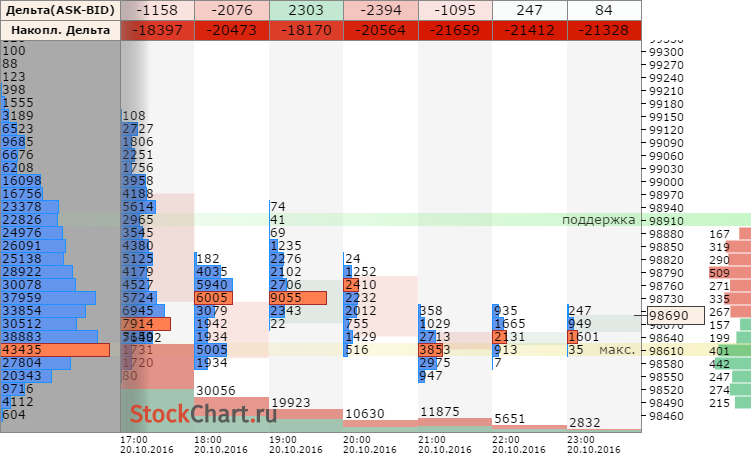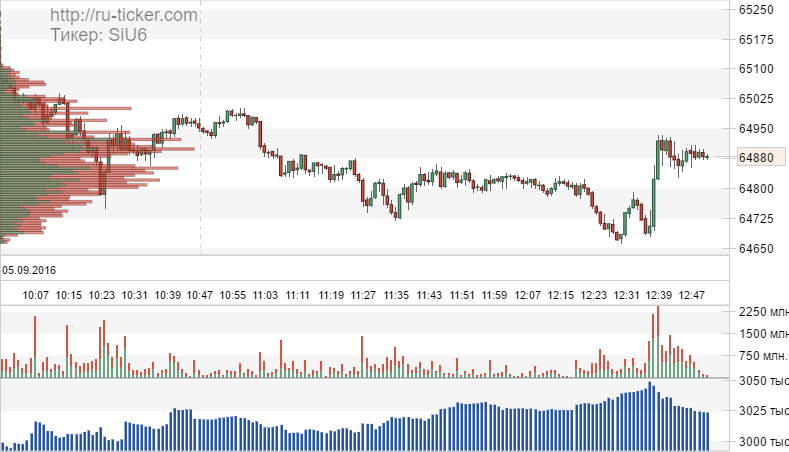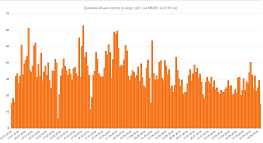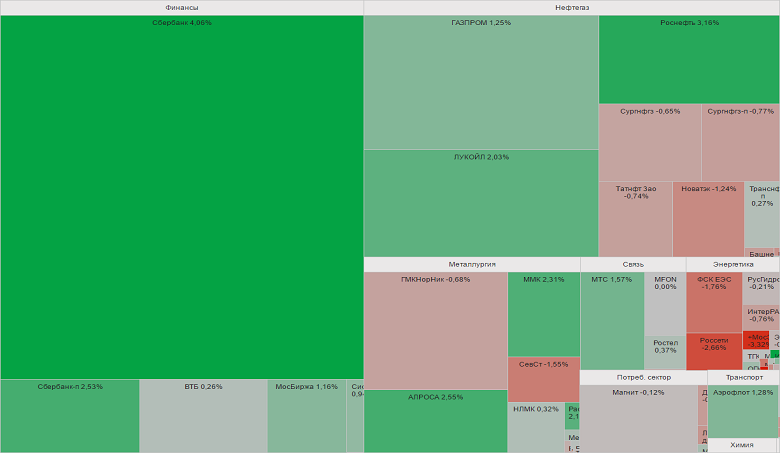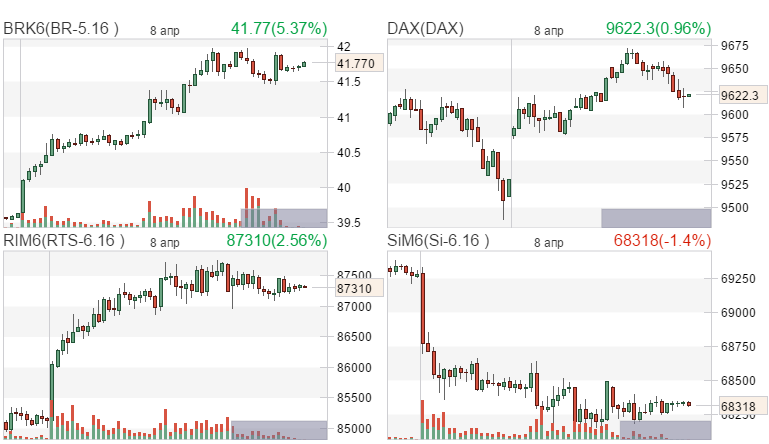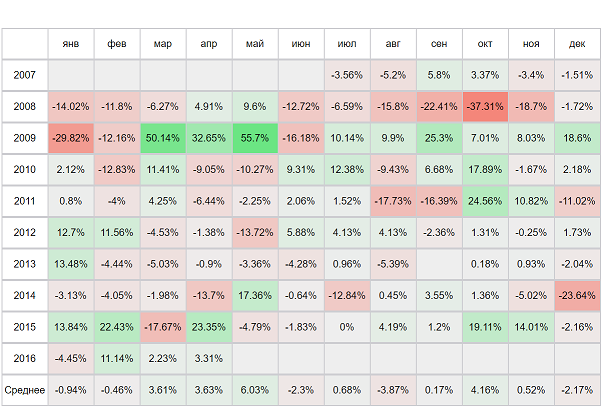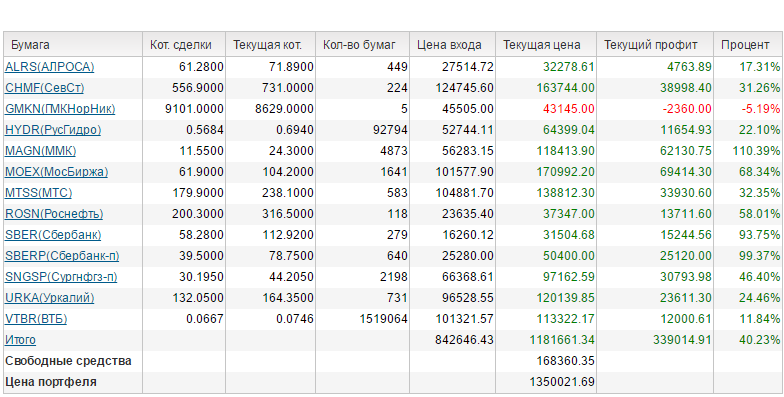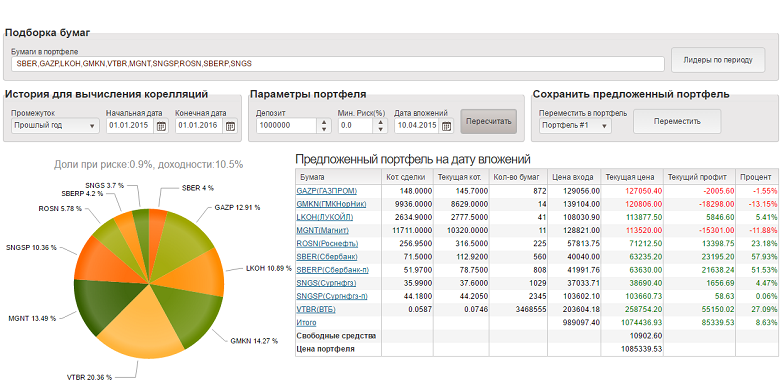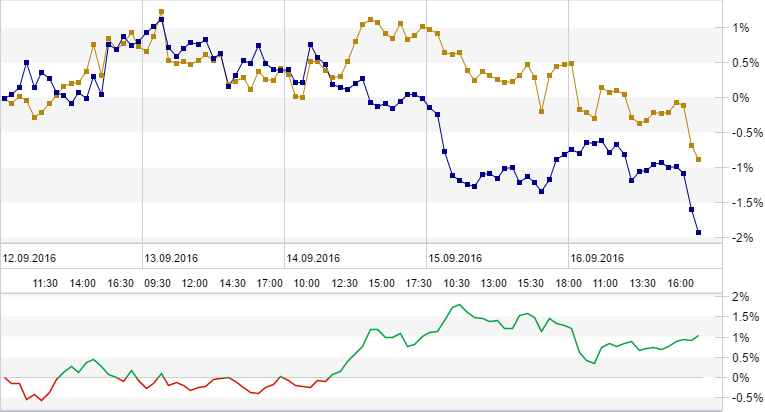 |  |  | |||||||||||
 |
|
||||||||||||
 |  |  | |||||||||||||||
 |
|
||||||||||||||||

Техническая поддержка
ONLINE
 |  |  | |||||||||||||||||
 |
|
||||||||||||||||||
Why Smell Matters More Than You Think | Paule Joseph | TED
ruticker 04.03.2025 15:25:17 Recognized text from YouScriptor channel TED
Recognized from a YouTube video by YouScriptor.com, For more details, follow the link Why Smell Matters More Than You Think | Paule Joseph | TED
I love the smell of rain—just the amazing smell when you go outside. It takes me back home to Venezuela. I love the smell of chlorine in the summertime; my kids love swimming, but I love just really spending time with them in the pool. The smell of crayon really takes me back to kindergarten. The smell of Christmas, because it's my birthday, just *k*—I love the smell of Christmas! I just think of apple crisp, cinnamon, and pine trees; this combination is delightful. I hate the smell of Thanksgiving. However, the smell of fresh-baked bread always reminds me of my mom and makes me smile. Smell can actually transport us into so many different dimensions, and I just love the idea that it does that. I am a chemosensory scientist and nurse researcher, and I study how diseases affect the senses of taste and smell. Our sense of smell is the only sense that is directly linked to our brain's limbic system, which controls memory and emotions. It can make us happy, it can make us sad, feel more calm, and regulate our emotions or feelings. But if you ask most people which of the five senses they would give up, the most common answer is smell. Many people don't realize that smell is very important in the sense that it tells us whether something is going well or not, whether something is spoiled, or whether you have gas leaking in your kitchen. One of the things that ignited my curiosity about smell was the times that I was working as a nurse and smelling infection—smelling poop, smelling decay. That taught me that smell was really a primal sense that we ignore at our own peril. I'm interested in how diseases impact smell. We know that our sense of smell tends to decrease as we age, but our sense of smell also decreases with different conditions like neurodegenerative diseases. For example, Alzheimer's, Parkinson's disease, or frontotemporal dementia are some of the first symptoms that actually decline at least 10 years prior to any other symptoms appearing. Yet, the lack of clinical attention to smell means that we don't yet consistently use standardized tools to screen, diagnose, or identify these changes. My mother-in-law is an incredible chef; however, a few years back, we noticed that all the food coming out of her kitchen was extremely salty. For me, I knew that something was wrong. So, one of the things that I did was test her sense of smell, and it was immediately obvious that it was diminished. She had hyposmia, or decreased sense of smell, which then led us to take her to the doctor. They were able to look at all her other symptoms, and we were able to get a diagnosis that she had frontotemporal lobe dementia. Even when she was having symptoms, none of her clinicians tested her sense of smell. If we were able to test the sense of smell early on, it could provide us with some early information, at least telling us that something is wrong. During COVID, we know that millions of people started losing their sense of taste and smell. For a lot of viral diseases, people will lose their sense of smell, and that somewhat is normal—you get a cold, you lose your sense of smell. However, with COVID, this was a sustained loss of smell that was happening at a magnitude that it was occurring. So, that really started to tell us that something was wrong. We know that people tend to lose their sense of smell and regain it, but the question is to what degree. For many chemosensory scientists and smell researchers like myself, we're really concerned about the connection that we know already exists between the sense of smell and our brains, and the possibility that many individuals who have lost their sense of smell with COVID will now have an increased risk of having neurodegenerative diseases. Since we don't test the sense of smell, we don't know individuals' baselines to really know what is happening over time. We haven't prioritized this research and testing; we don't have guidelines, and we don't have really established clinical protocols that can be used at doctor's offices to assess an individual's sense of taste and smell. Although we have tools that we use for research, standardized tools across medical offices are not there. Ideally, we can have individuals measured every year, with smell testing available from childhood all the way to adulthood, just like when you go and get a physical exam. You can actually have your sense of smell measured. We know that our sense of vision is directly linked to how we experience the world; however, when it comes to the sense of smell, that's never tested. One of the reasons is because we really don't appreciate it or prioritize it. We just think that, oh, it's just there to smell flowers. But smell can really help us. Imagine if we had smell tests that everyone could get, which would provide early information on diseases and give us insight into our overall well-being. We can actually tap into that power and use it for our own benefit.
Залогинтесь, что бы оставить свой комментарий

